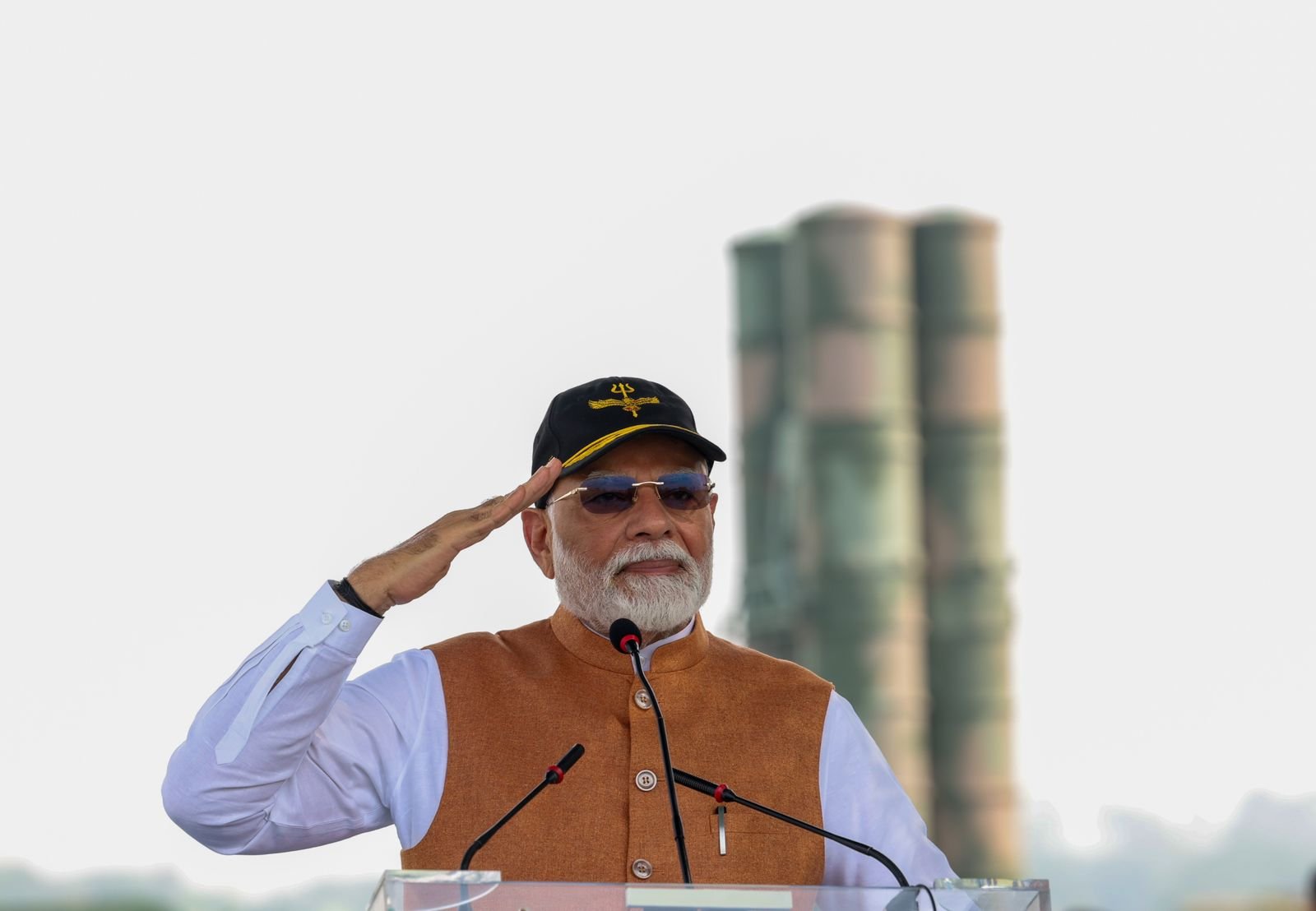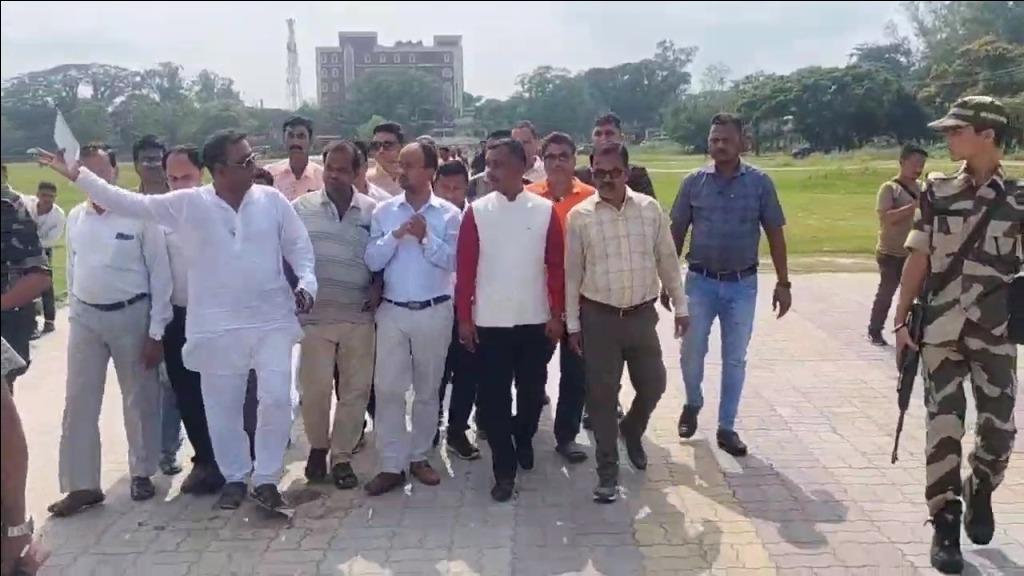Prime Minister Narendra Modi’s upcoming public meeting in Alipurduar on May 29 is shaping up to be more than a routine political event. After the successful military crackdown Operation Sindoor, the visit is being viewed through dual lenses—as a signal to India’s eastern neighbours and a political springboard for the Bharatiya Janata Party (BJP) ahead of the crucial 2026 West Bengal Assembly elections.
While PM Modi’s previous appearance at the Adampur Air Force Base on the western front sent a stern message to Pakistan, his upcoming address in Alipurduar—a strategically located district close to Bhutan, Bangladesh and China— is expected to carry geopolitical significance as well.
From the stage of the Alipurduar Parade Ground, situated not far from Northeast India and in the shadow of the Hasimara Air Force Station that houses a Rafale fighter jet squadron, Modi is expected to assert India’s regional military readiness and diplomatic posture.
Beyond its geopolitical undertones, the visit carries potent electoral overtones. Alipurduar lies at the heart of North Bengal—a region where the BJP has consistently outperformed its rivals. In the 2021 West Bengal Assembly elections, the BJP secured 30 of the 54 seats in North Bengal. In the 2019 Lok Sabha elections, the party bagged seven out of eight seats in the region and despite a slight dip, managed to retain six seats in 2024 general elections.



